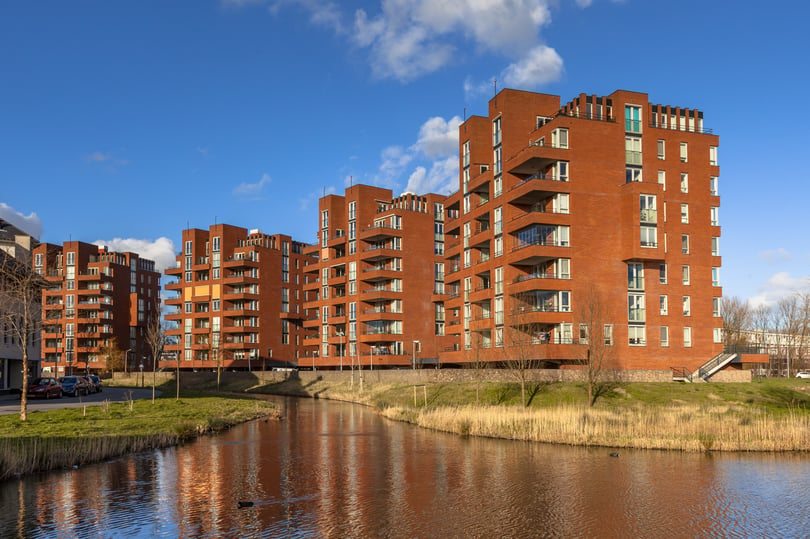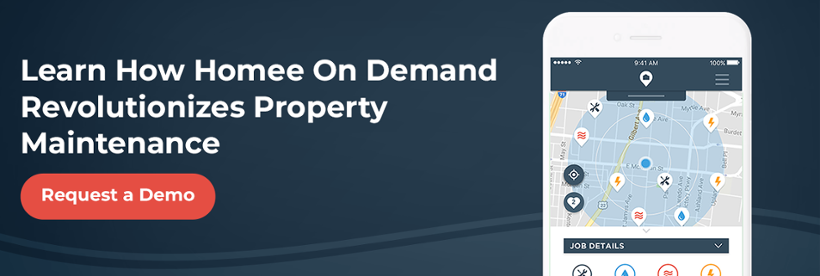How to Succeed in Multifamily Property Management

How to Succeed in Multifamily Property Management
Many new or aspiring property managers/investors often look for a “cheat sheet to property management success.” Multifamily property management tends to have a stigma of being more challenging than single-family residential property management. However, experienced property managers often prefer to invest in multifamily units rather than single-family ones—largely because doing so allows them to focus their efforts on a single location instead of having to travel to multiple separate properties.
If you’re considering getting into the multifamily property management market, there are a few things that you can do which can have a major impact on your long-term success. Here’s a list of tips for acquiring and managing multifamily properties:
Assessing Multifamily Properties for Acquisition
One of the most important aspects of multifamily property management is being able to find the right multifamily properties to manage. This involves carefully assessing a property before adding it to your portfolio.
However, simply getting to know the building itself isn’t really enough to qualify it as a worthwhile acquisition. It’s also important to assess the market it’s in. If the multifamily property isn’t a good match for the region, or the area is in decline because of a major employer closing its doors, then it’s going to be difficult to find renters to occupy it.
How could a building not match the market it’s in? If the multifamily units in the building are all designed as single-room studio apartments in a region where the majority of renters have small families and need at least two bedrooms, then the property will underperform. On the other hand, a property with lots of large family units next to a college where cheap studio apartments would be a better fit can likewise be difficult to fill.
Finding Opportunities to Upgrade Multifamily Properties
One common piece of advice for real estate investment of any kind is to find “under-utilized” properties and make improvements to increase their value. This is an especially good idea for residential property management, as these improvements can be used to increase the rent value of a unit—creating long-term passive income increases.
In multifamily property management, it’s important to find either small and easy-to-implement upgrades that can be placed in every unit, or upgrades that can affect multiple units at the same time so their cost can be split. This is important for a couple of reasons:
- Renter Satisfaction. If Unit A gets an upgrade, but Unit B doesn’t, that might cause some discontent for B’s renter. This can lead to a loss of renter satisfaction because of the preferential treatment and a desire to leave (unless it is explicitly stated that the upgrade has increased A’s rent, and B can have the same if they’re willing to pay for the upgrade).
- Splitting Upgrade Costs Between Renters. With multifamily units, some upgrades (such as replacing lights with energy-efficient LED lights or “smart” lights) will have to be repeated for each unit—multiplying their costs. Meanwhile, large-scale upgrades that affect multiple units (like HVAC or water heater upgrades) can have their cost split between all affected units. Spending $100 on lights for a single property is a minor cost, but if you have to spend that much on lights for 30 apartments, then the bill becomes $3,000. Likewise, spending $5,000 on a new water heater for a single-family property might seem expensive and take a while to recoup, but splitting that cost among 30 units in a multifamily property reduces the per-unit expense to a more manageable $166.67 per unit.
Staying On Top of Property Maintenance Issues
Maintenance issues are a leading cause of lease cancellations. In fact, an article by The Balance Small Business lists maintenance issues as one of the top nine reasons tenants leave. As their article states, “Maintenance issues can cause a tenant to move. They may be tired of dealing with clogged drains, leaky roofs, or pest problems.”
Poorly-maintained multifamily properties not only drive current renters to leave—they make it harder to acquire new renters. This is especially true in more saturated rental markets where renters have plenty of alternatives. Additionally, unlike single-family properties, renters in multifamily properties often expect the property manager to handle every maintenance issue—up to and including replacing broken light bulbs.
So, staying on top of property maintenance issues is an enormous concern for multifamily property managers.
Some strategies for keeping on top of property maintenance for multifamily units include:
- Conducting Regular Inspections. Monthly inspections are key for identifying major maintenance issues before they can become critical. Also, knowing that you’re going to inspect the property for problems helps keep renters on their best behavior.
- Using Preventative Property Maintenance. Rather than waiting for something to actually break, consider applying a preventative maintenance strategy to both stop complaints before they start and reduce property maintenance costs.
- Tracking Property Maintenance Data for Each Multifamily Unit. Keeping an accurate record of all past property maintenance services—their costs, their frequency, and the nature of each service—is paramount to effective property maintenance. Knowing this information helps you to better anticipate future maintenance requirements and possibly uncover troublesome multifamily properties or renters who may need adjusting (or replacement).
For multifamily properties, it may make sense to bring on a full-time in-house property maintenance staff if the properties are large enough to warrant one. Some property managers set a general rule of having one maintenance tech and one manager for every 100 doors—though this figure should flex depending on the nature of the property, the size of each unit, and how many property maintenance requests are made each month. Such in-house staff can often tackle common issues, such as general maintenance and cleaning.
More specialized property maintenance will often require a licensed expert (depending on the state/municipality’s rules).
Get Familiar with Your Region’s Property Management Laws
This cannot be overstated—knowing the laws governing property management is integral to long-term multifamily property management success. While perusing local homeowners’ association or state law websites can provide useful information, it is imperative to consult a legal expert specializing in property management or landlord laws. These professionals will have a much firmer grasp of what is and is not permissible—catching nuances that might be easily missed otherwise.
Property management attorneys can also provide advice for limiting liability in property management, setting up limited liability corporations (LLCs) that minimize your exposure to financial loss, and preparing your end-of-year tax filings so you can better leverage whatever deductions your multifamily properties are eligible for.
Remember, ignorance of a law or building code does not provide a defense against it. So, rather than regretting missing an important rule later, it’s better to become familiar with property management regulations now. Although, with many states requiring property managers or landlords to be licensed or certified in some fashion, much of this knowledge may be imparted during the classes necessary to acquire said licenses.
Need help optimizing your property maintenance? Watch the Homee On Demand demo of our on-demand property maintenance solution now! You may find that immediate access to a network of thousands of background-checked home service providers helps you optimize your maintenance strategy while improving renter satisfaction by minimizing service delays.




